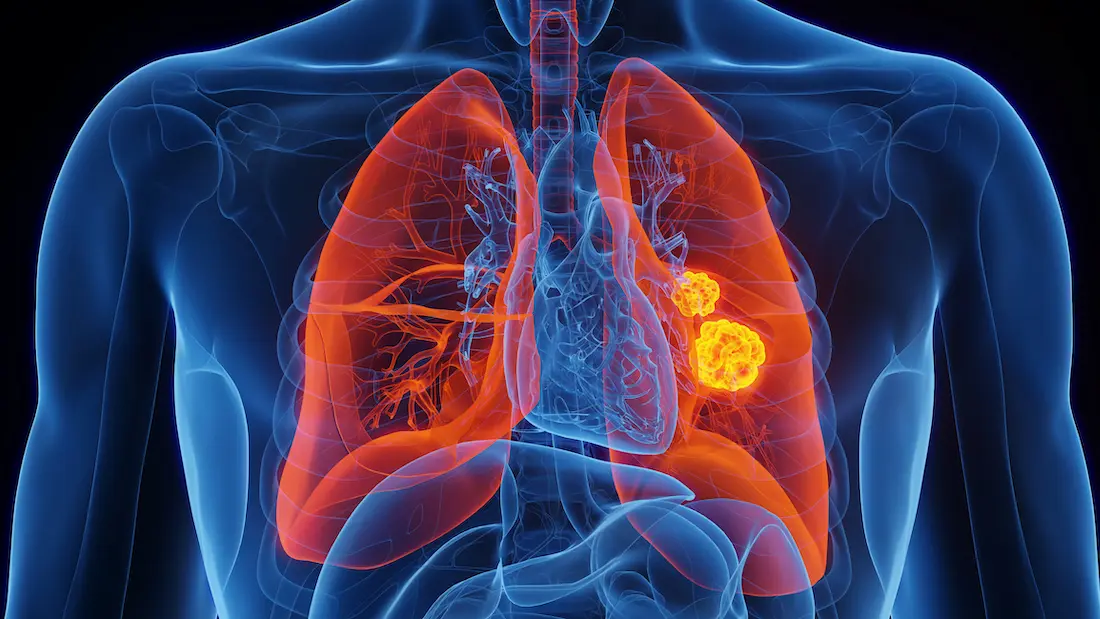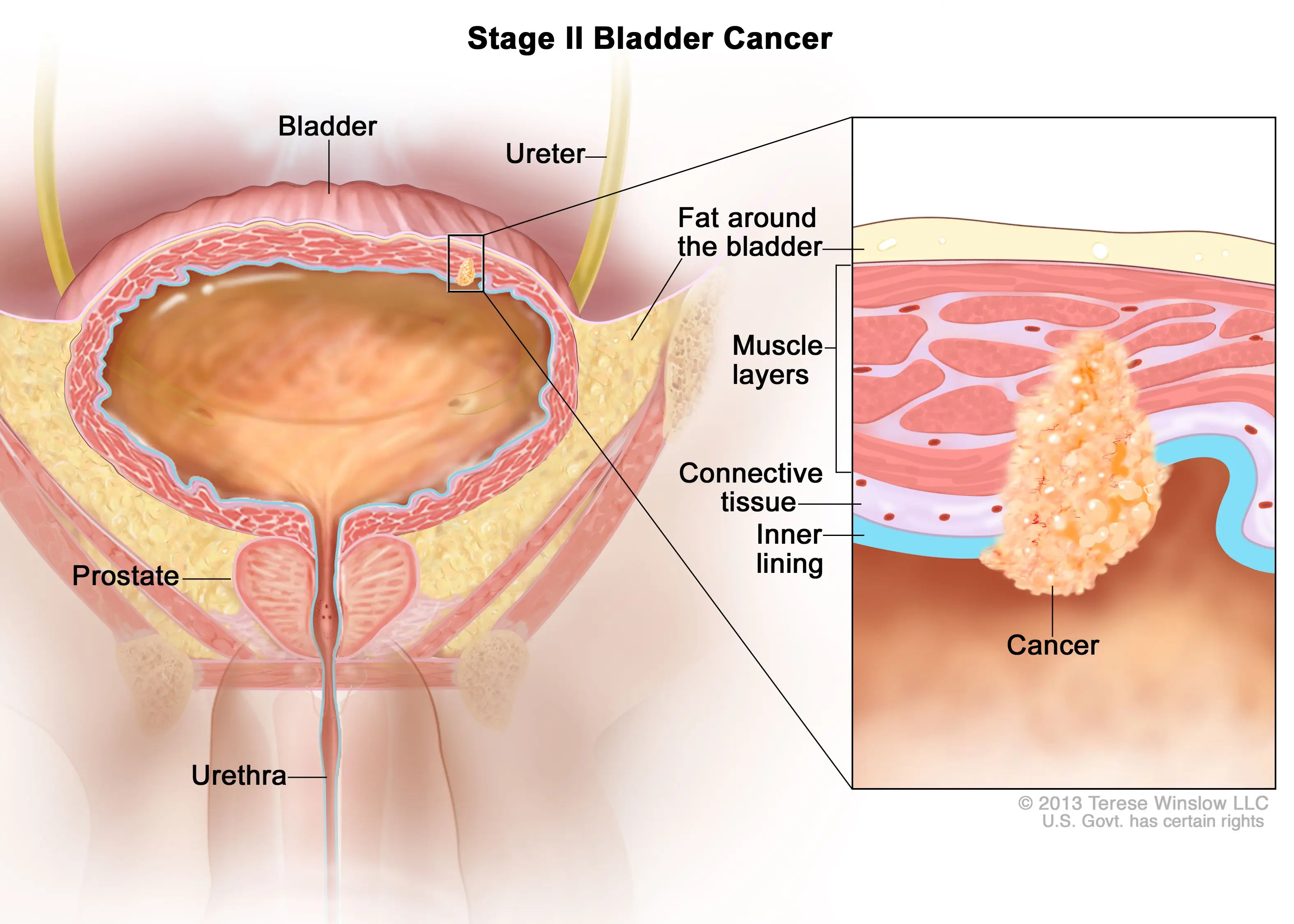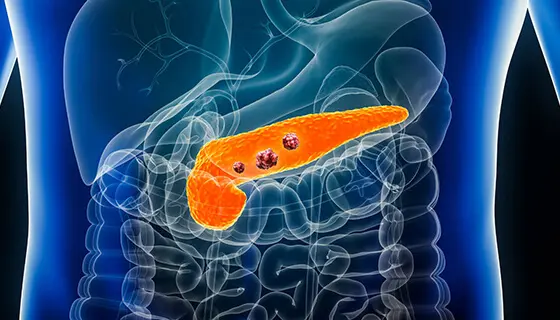Cancer Treatment Breakthroughs: What’s on the Horizon in 2025?
As we approach 2025, significant advancements in cancer treatment are anticipated to revolutionize how the disease is diagnosed and treated. Researchers are exploring innovative therapies that could change the prognosis for millions of patients worldwide. From immunotherapy to precision medicine, the future holds promise for more effective, personalized treatments. In this article, we will explore the latest breakthroughs in cancer treatment and what we can expect in 2025.
1. Immunotherapy: A New Frontier in Cancer Treatment
Immunotherapy has been one of the most exciting areas of cancer research in recent years. This treatment harnesses the body's immune system to fight cancer cells more effectively. In 2025, researchers are optimistic about the continued evolution of checkpoint inhibitors, CAR T-cell therapy, and cancer vaccines.
| Therapy Type | Description | Current Stage |
|---|---|---|
| Checkpoint Inhibitors | Drugs that block proteins preventing immune response to cancer cells | FDA-approved for various cancers |
| CAR T-cell Therapy | Modified T-cells that target specific cancer cells | Expanded to more cancer types |
| Cancer Vaccines | Vaccines that stimulate the immune system to fight cancer | Early-stage clinical trials |
2. Precision Medicine: Tailoring Treatments to Individual Needs
Precision medicine, or personalized treatment, is all about tailoring cancer therapy based on the genetic makeup of both the patient and their cancer. By 2025, more genomic profiling and biomarker testing will be used to provide customized treatment plans. This approach promises to minimize side effects and maximize effectiveness, particularly for cancers that are harder to treat.
Benefits of Precision Medicine:
- More effective targeting of cancer cells
- Reduced side effects
- Enhanced treatment success rates for various cancers
3. AI and Machine Learning in Cancer Diagnosis and Treatment
In 2025, Artificial Intelligence (AI) and machine learning will play an even more crucial role in cancer diagnosis and treatment planning. These technologies are already being used to analyze medical images, predict patient outcomes, and even discover new therapeutic targets. AI is expected to significantly shorten the time needed for drug discovery and improve the accuracy of diagnoses, leading to better early detection rates.
4. Next-Generation Radiation Therapy: Less Damage, More Precision
Radiation therapy has long been a standard treatment for various cancers. However, it often leads to side effects because healthy tissue can be affected by the radiation. The next generation of radiation therapy techniques, such as proton therapy and stereotactic body radiation therapy (SBRT), are aiming to minimize damage to surrounding tissues while delivering highly precise doses to cancer cells.
Promising Radiation Innovations:
- Proton therapy: More targeted and less damaging than traditional radiation.
- SBRT: Uses high-dose radiation beams with pinpoint accuracy.
5. Targeted Drug Therapies: Attacking Cancer at Its Core
Targeted therapies aim to interfere with specific molecules that are involved in cancer cell growth and survival. These therapies are expected to become even more effective by 2025 with the development of next-generation inhibitors that target specific genetic mutations in cancer cells.
| Drug Type | Targeted Mechanism | Expected Developments by 2025 |
|---|---|---|
| EGFR Inhibitors | Block epidermal growth factor receptors | New drugs to treat resistant cancers |
| PARP Inhibitors | Target cancer cells' DNA repair mechanisms | Broader application across cancer types |
Conclusion: Hope for the Future
With so many cancer treatment breakthroughs on the horizon in 2025, the outlook for patients is brighter than ever. From immunotherapy and precision medicine to AI-driven innovations and next-generation radiation therapies, the future of cancer treatment is poised for incredible progress. As research continues to evolve, these advancements could provide more effective and personalized options for those battling cancer.
Explore

New Breakthroughs in Advanced Prostate Cancer Treatment

Mental Health and Cancer Care: The Importance of Emotional Support During Treatment

Best Treatment Options for Lung Cancer in 2025

Top Bladder Cancer Treatment Options You Should Know About

Understanding Uterus Cancer Treatment: What’s New in 2025?

Understanding Cancer Insurance: Why It's Essential for Your Health Coverage

What Are the Most Effective Pancreatic Cancer Treatments in 2025?

The Ultimate Guide to Cancer Screening: Early Detection Saves Lives
